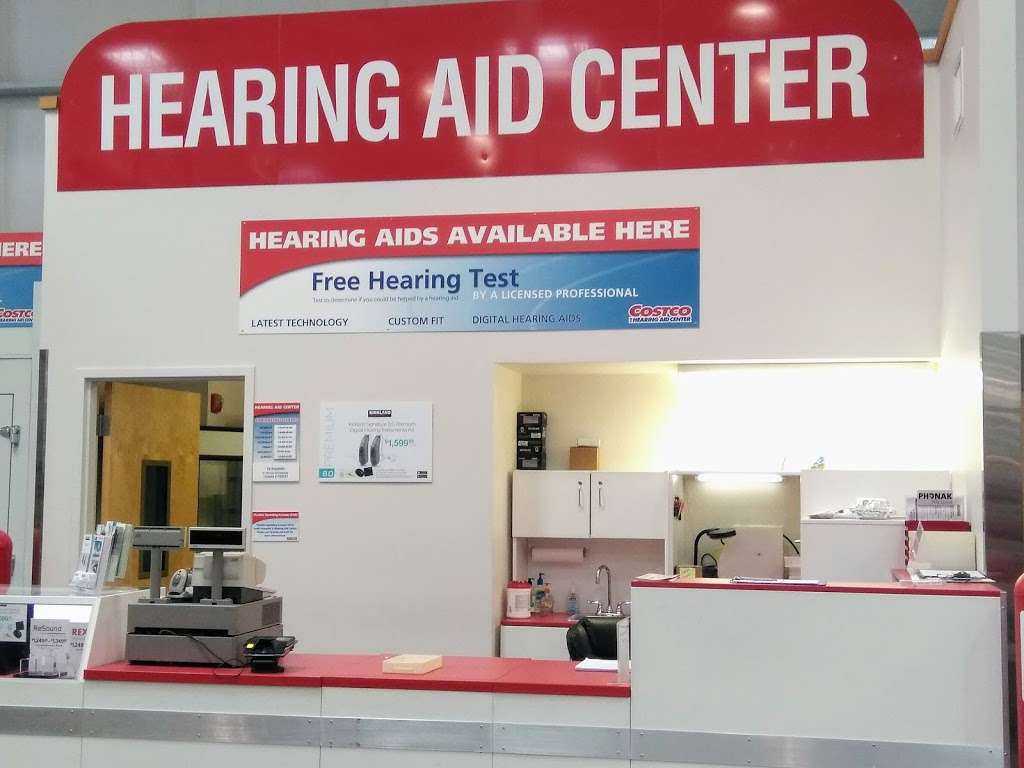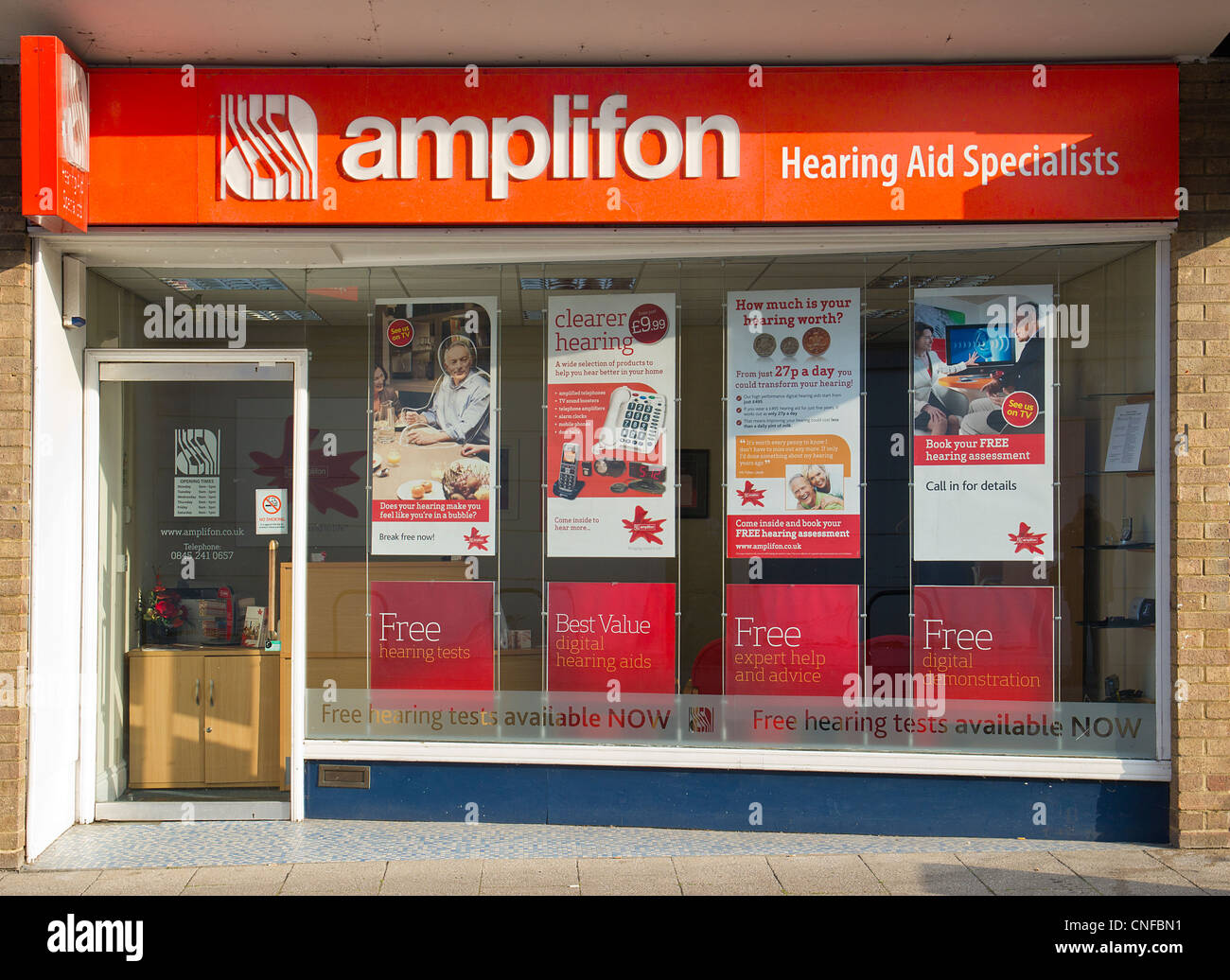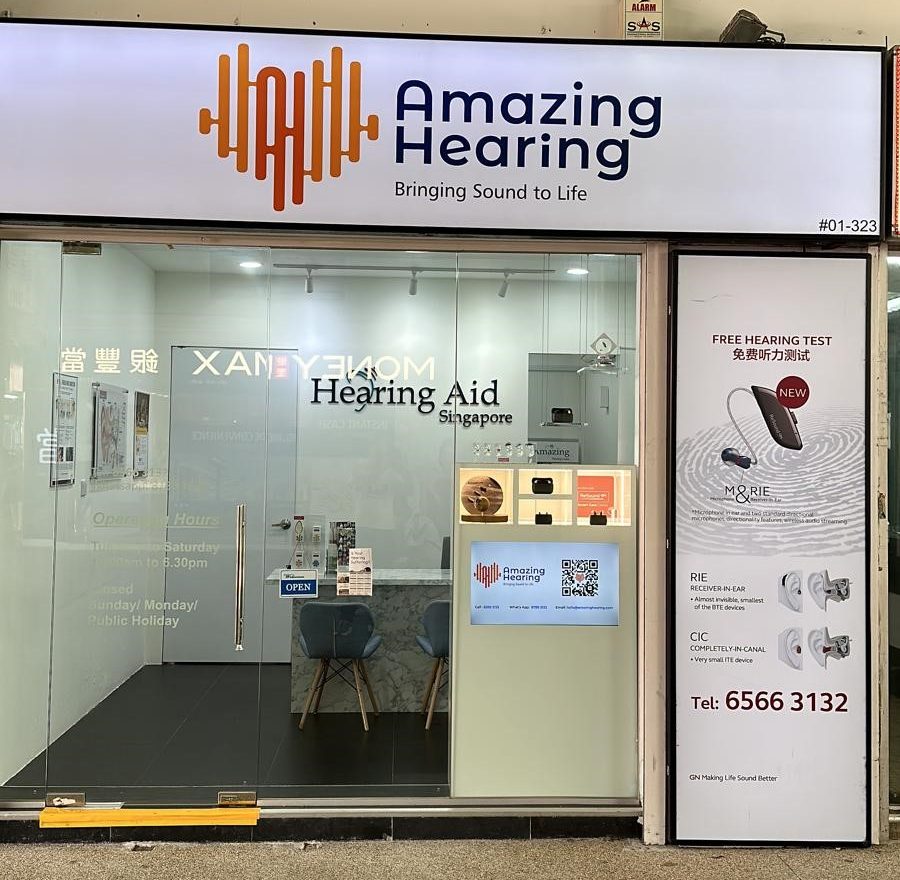As our world becomes increasingly interconnected, the importance of communication grows. Unfortunately, for many individuals, hearing loss can hinder these vital connections. That’s where a hearing aids store comes into play, offering innovative solutions tailored to the specific needs of those with hearing difficulties. Customers often range from the elderly who have faced gradual hearing loss to younger individuals who may experience sudden hearing impairments due to various factors. The primary goal of these stores is to provide not only an array of hearing devices but also personalized services, including fitting and technical support. Moreover, with advancements in technology, today’s hearing aids incorporate smart features and connectivity, making life easier and more enjoyable for users. Understanding the myriad types of devices available and how they function is crucial for informed purchasing decisions, hence why expert guidance from a professional at a hearing aids store can greatly enhance the selection process. Many customers seek insight into efficacy, comfort, and the latest technological trends, enabling them to regain their auditory confidence and engage fully with their communities.

hearing aids store
Understanding Hearing Aids: Types and Technology
Hearing aids come in various styles and types that cater to unique user needs. From behind-the-ear (BTE) devices known for their power and versatility to the more discreet in-the-ear (ITE) options, each style serves specific hearing loss descriptions. Recent innovations also include receiver-in-canal (RIC) technology, offering better sound quality while remaining less visible. For a thorough examination of the various styles, you can visit [NIDCD](https://www.nidcd.nih.gov/health/hearing-aids) (rel=”nofollow”). These different styles often employ digital signal processing and adaptive algorithms to enhance sound clarity and reduce background noise, ultimately leading to an improved listening experience.

hearing aids store
Choosing the Right Devices: A Buying Guide
Selecting the right hearing aid involves more than just style preference; it encompasses personal lifestyle, budget, and hearing loss severity. Customers should consider visiting a hearing aids store to undergo a comprehensive hearing evaluation performed by audiologists. Many stores offer free consultations that help in understanding which device aligns best with user expectations. Devices can range from affordable options suitable for mild hearing loss to high-end models equipped with Bluetooth capabilities, enabling seamless connectivity with smartphones. For comparative pricing and functionality, refer to [Consumer Reports](https://www.consumerreports.org/hearing-aids/hearing-aid-buying-guide-a1510963587) (rel=”nofollow”). Understanding these features plays a crucial role in making a well-informed purchase.

hearing aids store
Expert Insights: Reviews and Recommendations
Various hearing aids have gained recognition for their performance and user satisfaction. A popular choice among users includes the Phonak Marvel, which features excellent sound quality and seamless connectivity. Alternatively, the Oticon Opn has been praised for its advanced technology that allows users to focus on conversations while still being aware of their surroundings. Such devices are frequently highlighted by industry professionals for their innovative use of machine learning, which personalizes sound adjustments based on individual preferences, enhancing the overall auditory experience. Customers often share their success stories about how these products have transformed their daily interactions, solidifying their value. New users can check out comprehensive reviews on [HearingTracker](https://www.hearingtracker.com) (rel=”nofollow”) when considering options.

hearing aids store
Common FAQs about Hearing Aids
What are the common types of hearing aids?
Hearing aids typically come in behind-the-ear (BTE), in-the-ear (ITE), and receiver-in-canal (RIC) formats. Each type caters to different levels of hearing loss and lifestyle needs.

hearing aids store
How do I choose the right hearing aids for me?
Consult with an audiologist who can evaluate your hearing loss and recommend the best hearing aids based on your needs, preferences, and lifestyle.
Are hearing aids covered by insurance?
Coverage for hearing aids varies depending on the insurance plan. It’s important to check with your provider to understand your benefits.
How often should I get my hearing aids checked?
Regular check-ups every 6-12 months are recommended to ensure your hearing aids are functioning properly and to make necessary adjustments as needed.
What is the average lifespan of hearing aids?
Typically, hearing aids can last 3 to 7 years, depending on usage, care, and technological advancements. Regular maintenance can help extend their lifespan.
Conclusion
Finding the right hearing aids can significantly improve quality of life, enabling individuals to engage more fully with the world around them. As the hearing aid market evolves, being informed about the available options, technology advancements, and expert recommendations is crucial. Visit your local hearing aids store for personalized advice tailored to your unique auditory needs. Don’t wait – regain your hearing and connect with the world today!